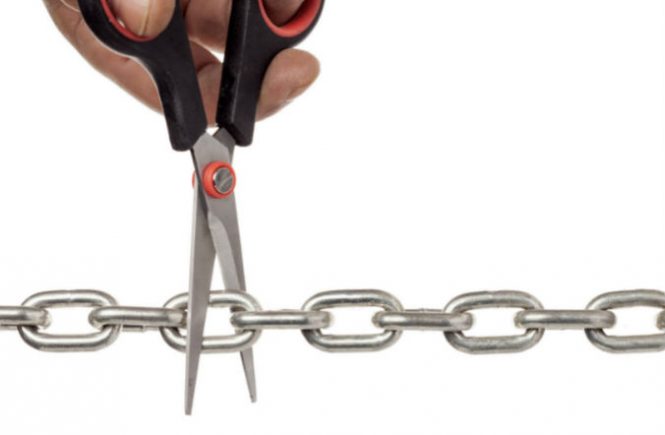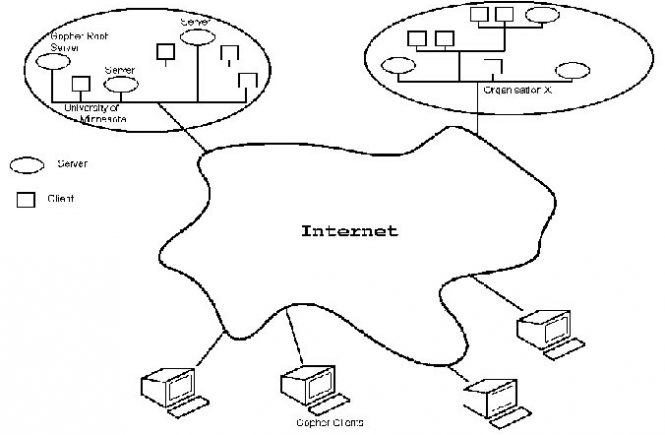If you know anything about SEO, you probably know that your backlink profile is a crucial ranking factor. What you might not realise is that low quality or spammy backlinks can actually have a negative effect on your ranking.
With this in mind, you need to know what Google’s disavow tool is and how it works. In some cases, it can be a good idea to disavow, or ‘disown’ certain backlinks, especially when they are coming from obviously spam-related websites.
In this article, I’m going to cover some of the things you need to know about disavowing links.
What Is Link Disavowing?
To put it simply, disavowing links involves telling Google that you want it to ignore certain links back to your website. There are a number of reasons why you might do this, but usually it’s because the links are coming from a low quality source that negatively affects your SEO rank.
The Google disavow tool – Basically, if you identify links that you don’t want, you can use Google’s disavow tool to tell it to ignore these links. It can be tricky to figure out which links to ignore and which to keep, but we’ll get to that in the next section.
What Links Should I Disavow?
Now, the exact situation around link disavowing is actually a little bit cloudy. Some people believe that Google already ignores spam links, and that there’s no point in using the disavow tool to ask it to ignore them.
However, it’s better to be safe than sorry – right?
Personally, I’d still recommend using the disavow tool to tell Google to ignore low quality links. Ultimately, it’s not going to cause any problems, but it could result in great search rank improvements if Google wasn’t already ignoring these links.
Where Do Bad Links Come From?
There are numerous ways that you can get bad quality backlinks to your website. The first, and probably the most common, is as a result of a low-quality SEO campaign with a focus on building a lot of links, rather than on quality. They can also come from:
- Natural link building, where a low-quality website links to your site in an attempt to boost their search engine ranking.
- Sabotage, where your competitors manually link to your website from a number of low-quality sites in an attempt to decrease your SEO score.
- High-quality websites turning into spammy ones. If you previously linked to an authority site in your niche, it doesn’t necessarily mean that it’s going to be an authority site forever. There is a chance that it could lose quality, which means that you might want to disavow any backlinks from it at some point in time.
Ultimately, poor quality backlinks can come from a range of sources.
Final Word
If you’ve never used Google’s link disavow tool in the past, then you need to learn what it is and how it works. Low quality backlinks can negatively impact your website, and it’s therefore important to tell Google to ignore them – otherwise your overall SEO efforts will be impacted.




